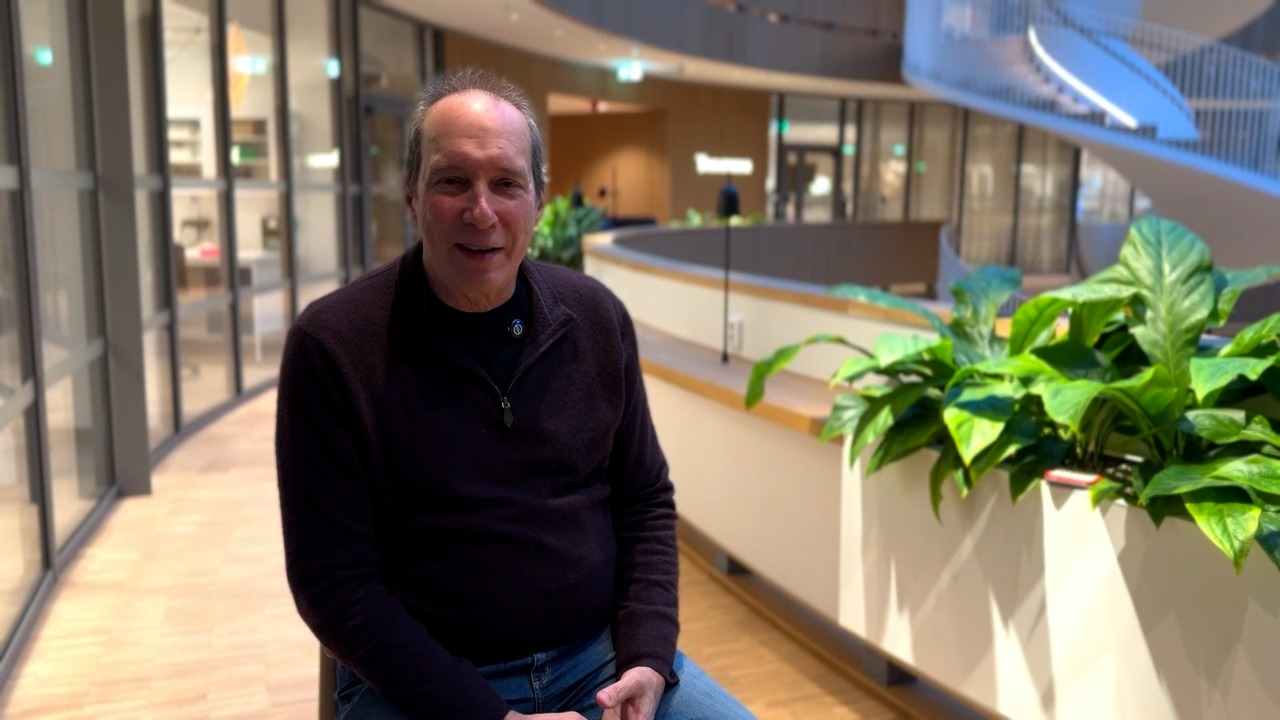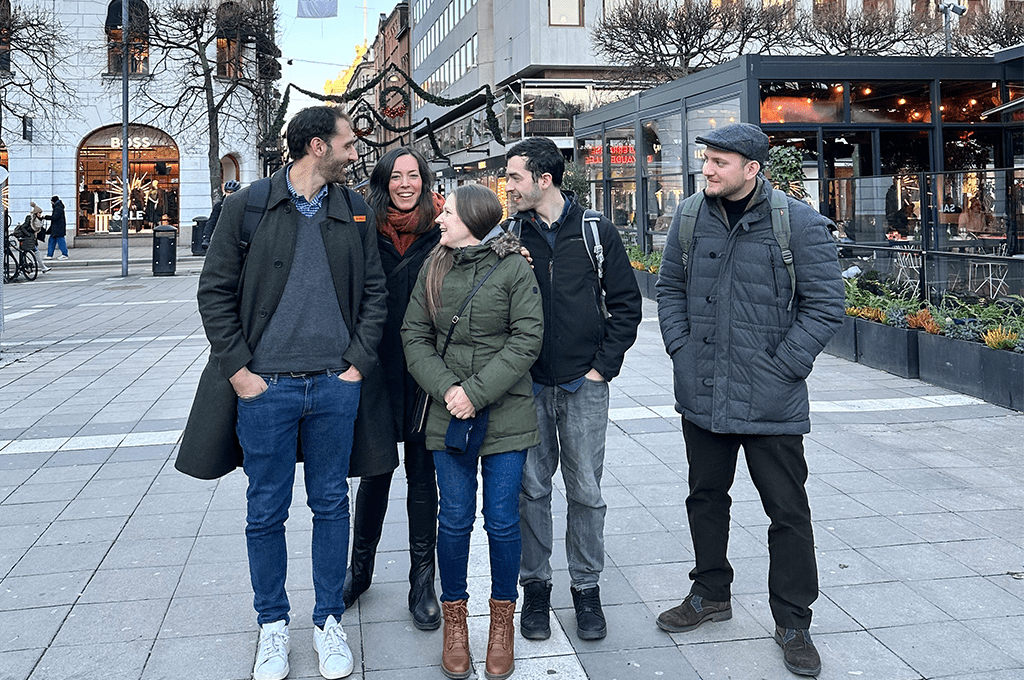SciLifeLab welcomes new funding from the Swedish government
Yesterday the Swedish government presented the contents of the upcoming research and innovation bill, which includes a special investment in the life science area. Among other things, SciLifeLab gets a yearly addition of SEK 200 million.
At a press conference yesterday the Swedish government announced that the upcoming research bill includes an investment in life science which totals SEK 11.5 billion from 2013 to 2016. By the year 2016, SEK 200 million yearly will go directly to SciLifeLab. Additionally, 400 million will be invested in life science related research areas such as antibiotic resistance, pharmaceutical development, health and aging, clinical research, and register-based research.
‘It is extremely gratifying that the government has chosen to invest in SciLifeLab. Now we can continue to develop and expand our service platforms as well as the first-rate scientific environment that we are building’, says Kerstin Lindblad-Toh, Director of SciLifeLab Uppsala.
SciLifeLab is a national scientific centre for large-scale research in bioscience, medicine and environment. It is driven by Karolinska Institutet, The Royal Institute of Technology, Stockholm University and Uppsala University. In 2013 the nodes in Stockholm and Uppsala will be joined together and form one national resource for life science.
‘We are very pleased that the government with this investment enables the building of an infrastructure for internationally competitive research in life sciences. It is important that we with these resources now will be a support to environmental and health research in the whole country’, says Mathias Uhlén, Director of SciLifeLab Stockholm.
Apart from ground-breaking environmental and medical research, SciLifeLab is expected to contribute to the development of new diagnostic methods for diseases and more individualised pharmaceutical treatments. Through cooperation with the industry, new jobs are also expected to arise.
The Science for Life Laboratory is a joint effort between four Swedish universities, Karolinska Institute, The Royal Institute of Technology (KTH), Stockholm University and Uppsala University, to build an infrastructure for high-throughput research in the areas of health and environment. This center was started in 2010.




